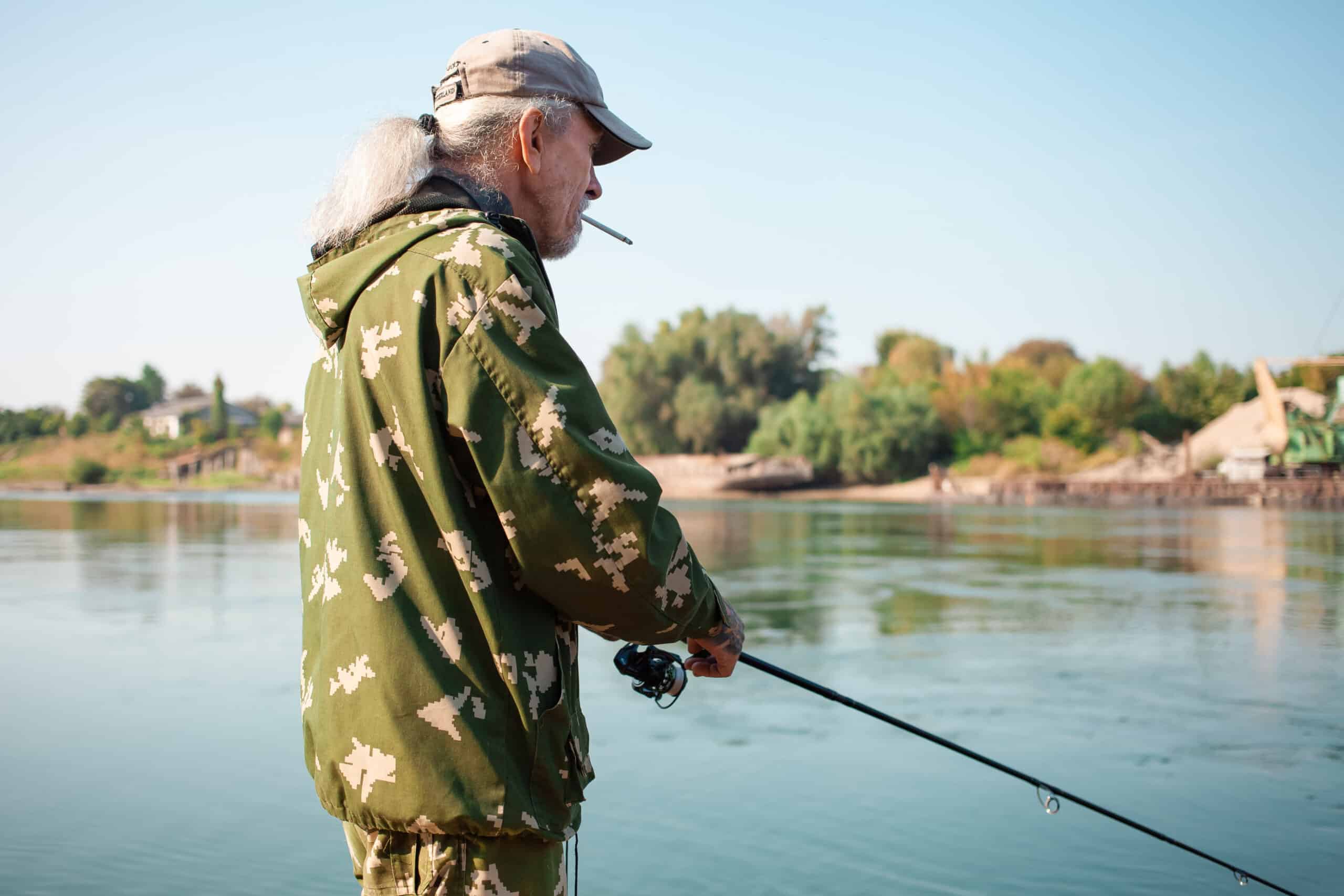Why is fishing bad after rains?
Key Takeaways
- High water levels and fast-moving water can make it dangerous and difficult to fish after heavy rains.
- Rainfall can result in muddy and murky water conditions, making it difficult for fish to see bait or lures.
- Fish in saltwater tend to become more lethargic and sit deeper after rainstorms, making it challenging to locate and catch them.
Fishing after heavy rains can have both positive and negative effects on fishing success. While there are several advantages to fishing after rain, there are also some reasons why some anglers may consider it bad. Let’s explore the potential drawbacks of fishing after rains:
1. High water levels and fast-moving water:
One of the main reasons why fishing can be challenging after rain is the increase in water levels and the speed at which the water moves in rivers and creeks. Heavy rainfall can cause rivers and creeks to swell, making it dangerous and difficult to fish. The fast-moving water can make it challenging to control your fishing line and can wash away bait or lures quickly.
2. Muddy and murky water:
Rainfall can also result in muddy and murky water conditions, especially in smaller water bodies. The sediment and debris carried by rainwater can cloud the water, making it difficult for fish to see bait or lures. In such conditions, fish may rely more on their sense of smell or vibrations to detect food, which can make it harder for anglers to attract their attention.
3. Lethargic fish behavior in saltwater:
In saltwater, fish tend to become more lethargic and sit deeper after rainstorms. The change in salinity levels and the influx of fresh water can affect the feeding behavior of fish. They may retreat to deeper areas or move to areas with better water conditions, making it more challenging to locate and catch them. Anglers may need to adjust their fishing techniques and target different areas to increase their chances of success.
4. Limited access to fishing spots:
After heavy rains, fishing spots can become inaccessible due to muddy and slippery conditions. The terrain may become unsafe to navigate, especially in areas with steep banks or rocky surfaces. Anglers should prioritize their safety and avoid fishing in potentially hazardous conditions.
While these drawbacks may discourage some anglers from fishing after rain, it is important to note that fishing conditions can vary depending on several factors, including the strength and duration of the rain, the type of water body, and the specific fish species being targeted. Some anglers may still find success and enjoy fishing after rains by adapting their techniques and exploring different fishing spots.
Related Websites:
FAQs:
Q: Why is fishing bad after rains?
Fishing is bad after rains due to the effects of rain on water conditions and fish behavior. Heavy rain leads to increased water flow and turbidity, disrupting feeding patterns and causing fish to relocate to sheltered areas. Additionally, rainwater runoff reduces water clarity, making it difficult for fishermen to locate fish. Reduced oxygen levels in water bodies after heavy rain also deter fish from actively feeding.
Q: How does rain affect water conditions for fishing?
Rain affects water conditions for fishing by increasing water flow and turbidity. This can disrupt fish feeding patterns and cause fish to relocate to sheltered areas. Additionally, heavy rain can alter oxygen levels in water bodies, which is crucial for fish survival and active feeding.
Q: What challenges do fishermen face in low visibility conditions after rain?
Fishermen face difficulties in low visibility conditions after rain. Rainwater runoff reduces water clarity, making it harder to locate fish. Reduced visibility also affects fish feeding habits as they rely on sight to find food. Therefore, fishing in such conditions requires adjustments in fishing techniques and targeting sheltered areas or structures.
Q: How does heavy rain impact fish behavior?
Heavy rain impacts fish behavior by causing them to seek shelter. Changes in water conditions, such as increased flow and turbidity, disrupt their feeding patterns and make them less active. Fish become more cautious and less likely to bite, presenting challenges for fishermen.
Q: What strategies can be used for fishing after rains?
When fishing after rains, it is important to adjust fishing techniques. Targeting sheltered areas or structures can increase the chances of finding active fish. It is also important to be patient and adaptable, as fish may be less active and selective in their feeding. Continuously learning about fishing weather patterns and adapting strategies accordingly is key to successful post-rain fishing.






